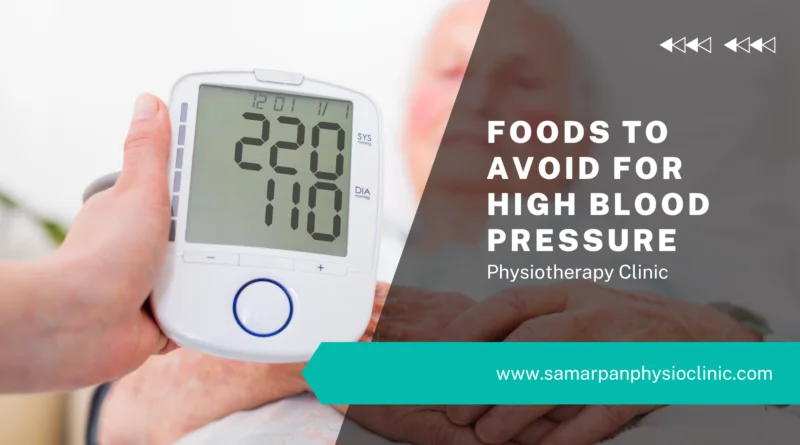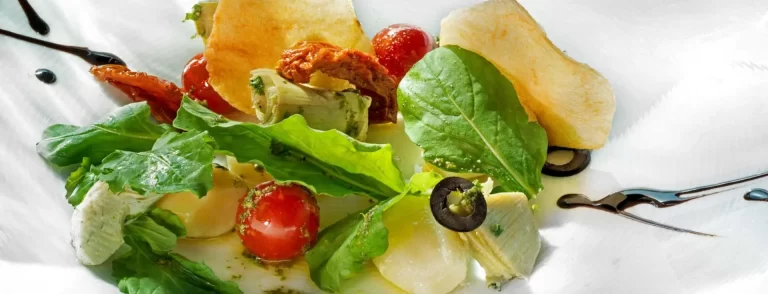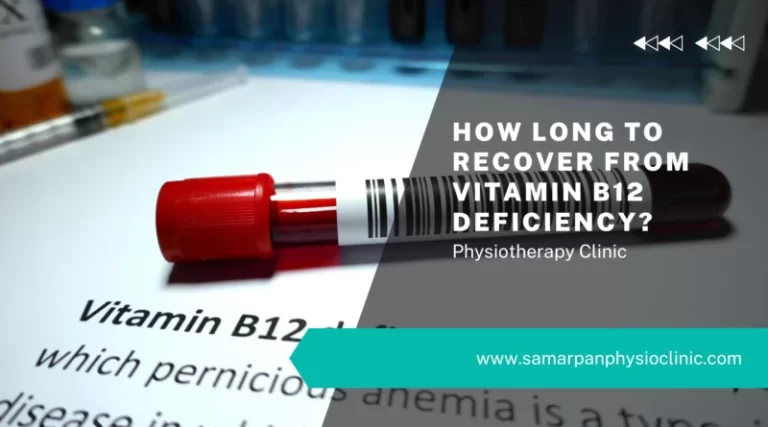Foods to Avoid for High Blood Pressure
High blood pressure does not necessarily mean that one has to eliminate certain foods from one’s diet. Rather than trying to cut them out, one should focus on moderation and finding healthy substitutes for their favorite snacks.
Hypertension might cause health problems over time, including stroke and heart disease.
Salty foods in particular may cause high blood pressure. When you eat salt, your body retains more fluid, which increases pressure and blood volume. Sugary foods and foods high in saturated fat may also increase blood pressure.
On the other hand, a healthy diet might help you maintain and achieve healthy blood pressure.
If you have high blood pressure, then you might eat these:
- fruit
- vegetables
- lean proteins
- whole grains
At the same time, it is suggested to limit foods that can keep your blood pressure elevated, such as:
- red meat
- salt (sodium)
- foods and drinks that contain added sugars
13 Foods to Avoid: High Blood Pressure
- Frozen Meals
They are fast and convenient. But they are also loaded with sodium, so it is best to avoid them. If you need something quick once in a while, look for options with 600 milligrams of sodium or less.
- Pickled Foods and Their Juices
Kimchi, sauerkraut, and other pickled or pickled foods are often high in sodium. Three ounces of pickle juice has about 800 milligrams, it depends on the brand. You must try to limit the amount of pickled foods you eat. And also try marinades made from vinegar, citrus fruits, or pineapple juice, like oranges and lemons. They add a sour taste with less sodium.
- Bread
It does not taste salty, but there is enough of it. The next time you are making a sandwich, reach for whole-wheat bread, an English muffin, or a tortilla to cut down on sodium. You can also eat your sandwich “open” with only one slice.
- Processed Meat
Lunch meats typically have about 750 milligrams or more of sodium per serving. That’s about six thin slices. Other processed meats also high in sodium include beef, bacon, hot dogs, and sausage. Also add salt pork, ham, and ribs to the list. Stick to lean meat, fish, or chicken.
- Pizza
Whether it’s frozen or from your favorite delivery place, it’s likely high in sodium. One fourth-ounce slice of cheese pizza has 370 to 730 milligrams. And a slice from a restaurant has even more that is 500-750 milligrams. To cut it down, order a smaller pizza and remove the stuffed crust. Opt for thin crust and vegetables for even more health benefits.
- Beer, Wine, and Alcohol
Your chances of high blood pressure increase when you drink too much alcohol. It is advised that men should not drink more than two drinks a day. Women should keep it to themselves. One drink looks like 12 ounces of beer, 4 ounces of wine, 1.5 ounces of 80-proof spirits, or 1 ounce of 100-proof spirits. Red wine has been linked to heart health, but you have to still limit the amount you drink.
- Cheese
Some types are more likely to increase blood pressure than others. Reduce it with cheeses that are naturally low in sodium, such as Swiss, which has 75 milligrams per 1-ounce serving. Ricotta and fresh mozzarella are also good with it. Processed and hard cheeses like American and cottage cheese have more sodium. Half a cup of regular cottage cheese has 455 milligrams.
- Condiments
Ketchup, soy sauce, and salad dressings are high in sodium. Shop for low-sodium substitutes. Or try lemon juice and vinegar for more flavor.
- Salty Foods
Salt or specific sodium in salt is a big contributor to heart disease and high blood pressure. This is due to how it affects the fluid balance in the blood.
Table salt contains about 40 percent sodium. A certain amount of salt is important for health, but it is easy to eat too much. The trusted source AHAT recommends no more than 2,300 mg of sodium – the equivalent of 1 teaspoon of salt – each day.
Most of the sodium in the American diet comes from packaged, processed foods rather than what you add to the table. Sodium can be hidden in unexpected places which you don’t know.
The following foods are major contributors to people’s daily salt intake:
- bread and rolls
- pizza
- sandwiches
- sausages and smoked meats
- soup
- burritos and tacos
- Canned Soups
Canned soups are simple and easy to make, especially when you’re pressed for time or feeling unwell.
However, canned soups are high in sodium. Canned and packaged broths and stocks might contain similar amounts. This means they can raise your blood pressure.
Try choosing low- or reduced-sodium soups instead, or make your own soup at home with fresh ingredients.
- Canned Tomato Products
Most canned pasta sauces, tomato sauce, and juices are high in sodium. This means they might raise your blood pressure, especially if you already have high blood pressure.
You can find low or reduced-sodium versions of most tomato products.
To lower blood pressure, use fresh tomatoes which are rich in an antioxidant that is called lycopene. Fresh vegetables have many benefits for heart health.
- Sugar
Sugar can raise your blood pressure in several ways.
Research shows that sugar—and sugar-sweetened beverages in particular—contribute to weight gain in adults and children. Being overweight and obese increases the likelihood of high blood pressure.
Added sugar may also have a direct effect on raising blood pressure, although more research is needed.
The suggestion is to follow the following daily limits for added sugar:
- 6 teaspoons or 25 grams for women
- 9 teaspoons or 36 grams for men
- Processed Foods with Trans or Saturated Fat
For heart health, it is best to limit saturated fat and avoid trans fat, especially for people with high blood pressure.
Trans fats are artificial fats that increase the shelf life and stability of packaged foods.
However, their consumption increases the level of LDL (bad) cholesterol and lowers the level of HDL (good) cholesterol, which can increase the risk of hypertension.
Saturated fats also raise LDL cholesterol levels in the blood.
Trans fats are particularly harmful to your health and have been linked to poor heart health, including an increased risk of:
- heart disease
- stroke
- type 2 diabetes
Packaged, prepackaged foods often contain trans fats and saturated fats, along with high amounts of sugar, sodium, and low-fiber carbohydrates.
Saturated fats are mostly found in animal products these includes:
- whole milk and cream
- butter
- red meat
- chicken skin
The Trusted Source AHAT recommends reducing your intake of both saturated and trans fats to keep your heart healthy.
To reduce your saturated fat you might also intake animal foods with plant-based alternatives.
Many plant foods contain healthy monounsaturated and polyunsaturated fatty acids. Examples of plant foods include:
- nuts
- seeds
- olive oil
- avocado
According to a 2015 study, full-fat dairy products do not raise blood pressure.







